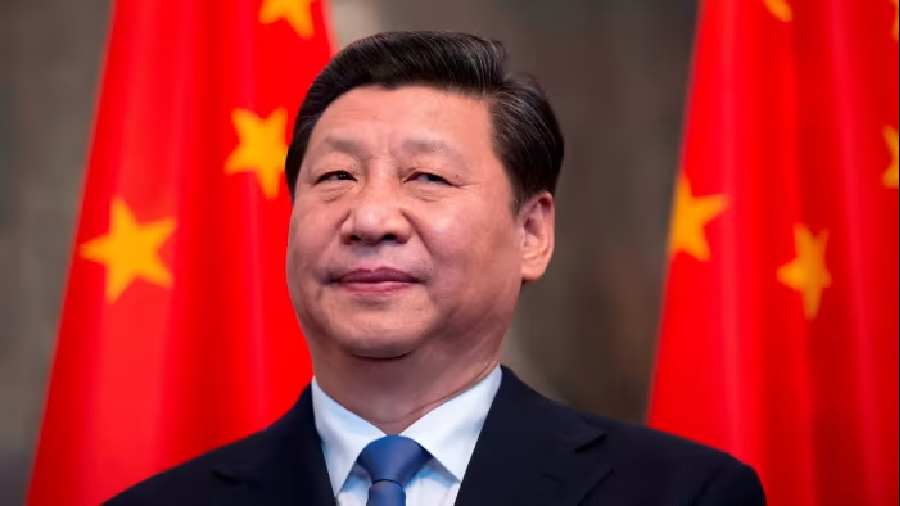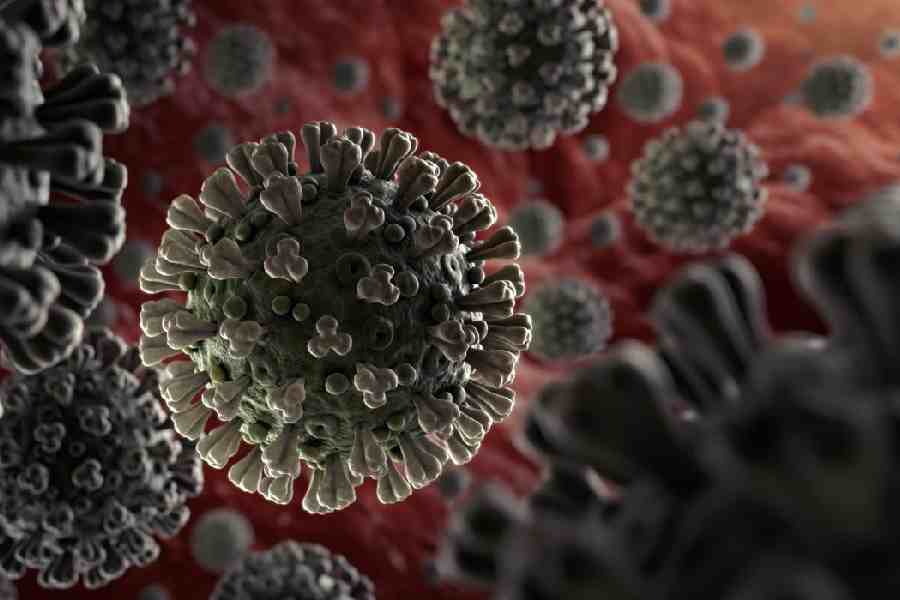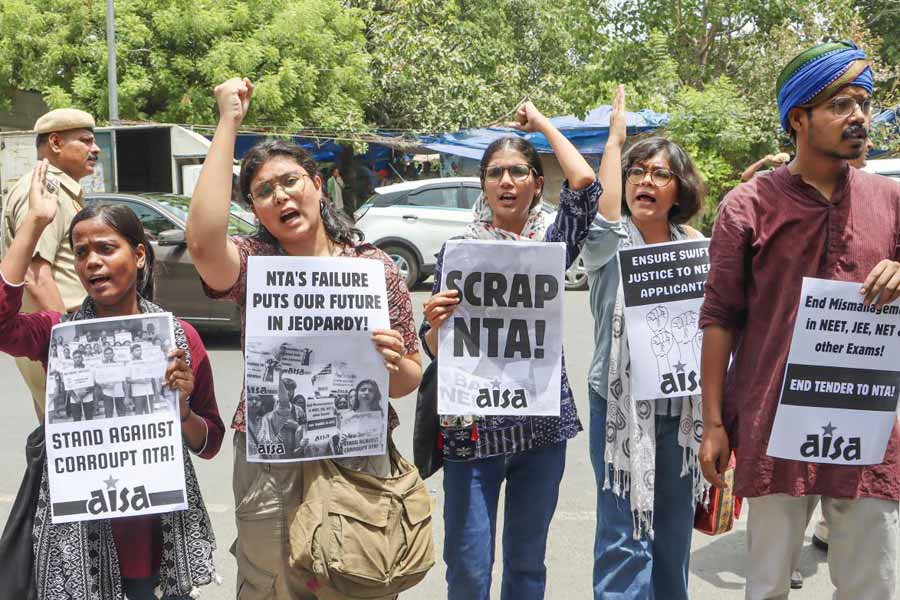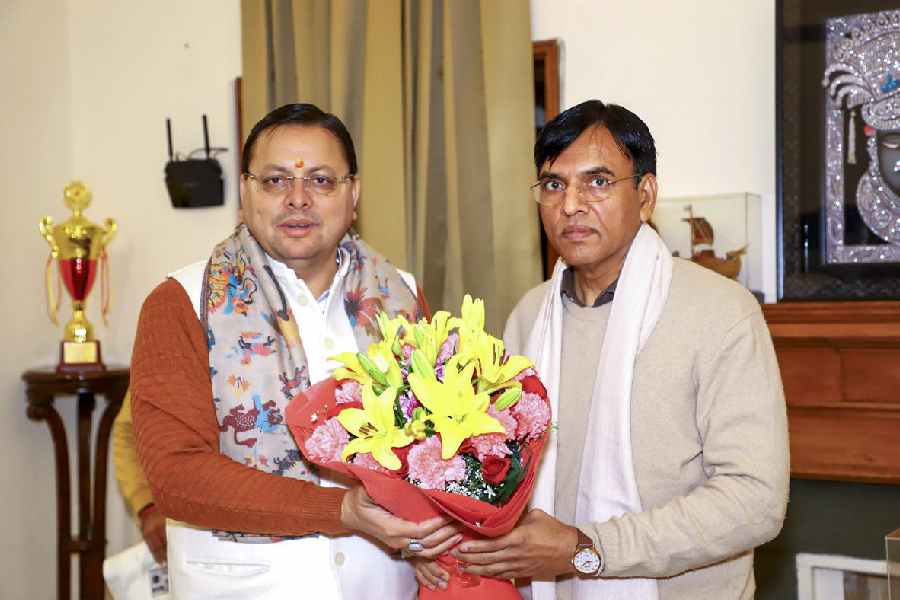China’s top leader, Xi Jinping, has cast himself as a global statesman, helping Saudi Arabia and Iran broker a deal to restore diplomatic ties while extolling the virtues of “Chinese solutions and wisdom” in solving the world’s biggest security challenges.
Now, Xi is putting himself at the centre of Russia’s war with Ukraine, potentially positioning himself as a mediator to end the protracted fight.
The Chinese leader is expected to meet in person next week with President Vladimir V. Putin of Russia, and a call with President Volodymyr Zelensky of Ukraine could follow. China has already proposed a peace settlement, though it does not address important details such as whether Russian troops will withdraw. In announcing Xi’s visit to Russia, a Chinese official on Friday said it was “for the sake of peace”.
At stake for Beijing is its push for legitimacy as leader of an alternative world order to the one dominated by the US, a role it has sought with growing urgency to resist what Xi described as Washington’s “containment, encirclement and suppression of China”.
Both Russia and Ukraine look at China as a potentially transformative power, one with enough clout to break the impasse. But Moscow and Kyiv are also keenly aware that China could fundamentally alter the dynamics on the battlefield if it plays a more direct role in replenishing Moscow’s badly depleted arsenal.
“China’s international influence as a great power is required for peace now more than almost ever,” said Shi Yinhong, a professor of international relations at Renmin University in Beijing, reflecting Beijing’s own sense of its growing global importance following the deal between Tehran and Riyadh.
Building off that momentum and stepping into the fray of the war could help Xi achieve one of his most pressing needs: repairing Beijing’s relationship with Europe. With the Chinese economy struggling, he wants to prevent the region from aligning too closely with the US on trade and investment restrictions targeting China.
To do that, analysts say Xi will likely need to demonstrate a strong enough effort to end Russia’s war, in a move to exploit splits within the European Union over the American push to counter China. If he can, it could help satisfy powers eager to ramp up economic engagement with Beijing, including Germany and France.
“Xi Jinping’s target is not Russia or Ukraine, but rather Western Europe,” said Danny Russel, a vice president of the Asia Society Policy Institute and a former US assistant secretary of state. “Ultimately, what he’s trying to do is set it up so that in the eyes of the Germans and the French, he gave it a shot.”
For Moscow, the bar for peace talks is high. Russia has rejected western demands to withdraw troops as a condition for talks. Putin, in the meeting with Xi, will likely prioritise asking for help replenishing stocks of military-grade components and increasing exports to China to fatten the Kremlin’s war chest. It will also give Russia a chance to emphasise that it has not been isolated by the global community.
For Ukraine, China has long represented a potential lifeline, holding enough sway over Russia to influence the war. Zelensky, with Washington’s encouragement, has sought to hold talks with Xi for months. He even dispatched his wife, Olena Zelenska, to deliver to the Chinese delegation a letter requesting a meeting at the World Economic Forum in Davos, Switzerland.
China’s role is complicated. Beijing has sought to portray itself as a neutral bystander in the war but has continued to provide support to Russia. Washington warned last month that China was preparing to provide lethal weapons to Russia and threatened to impose sanctions if it follows through. Beijing denied the allegation and accused the US of driving the two countries towards “conflict and confrontation”.
New York Times News Service











